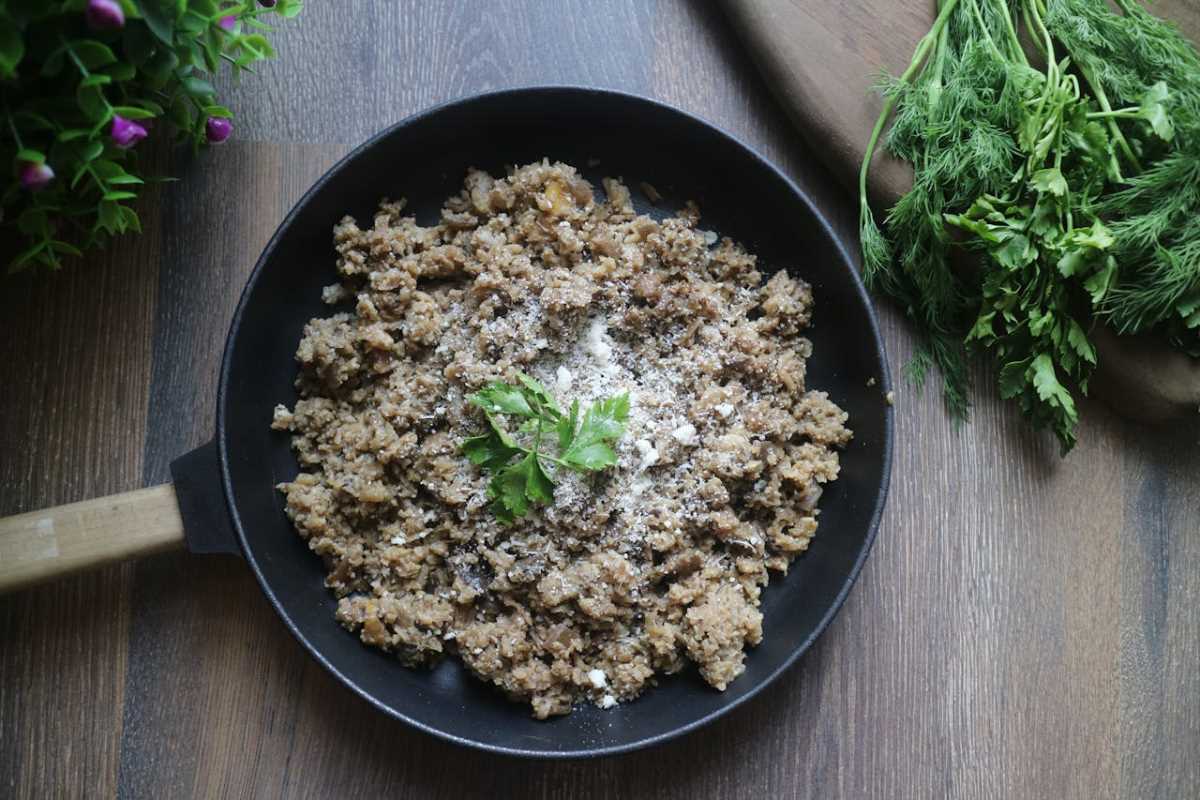Maintaining a healthy gut is a cornerstone of overall health and well-being. The gut, often referred to as the “second brain,” plays a crucial role in the digestive process, immune function, and even mental health. By nurturing your gut, you support a range of bodily functions and enhance your quality of life. Here are some comprehensive tips for maintaining a healthy gut and ensuring your digestive system operates at its best.
1. Embrace a Fiber-Rich Diet
One of the most effective ways to promote gut health is by consuming a fiber-rich diet. Fiber is essential for the growth and maintenance of beneficial gut bacteria, which play a pivotal role in digestion and nutrient absorption. Foods rich in fiber include fruits, vegetables, whole grains, and legumes. These foods not only aid in digestion but also help prevent constipation by adding bulk to the stool.
Fruits and Vegetables: Incorporate a variety of colorful fruits and vegetables into your meals. Berries, apples, oranges, carrots, and leafy greens are excellent sources of dietary fiber.
Whole Grains: Choose whole grains like brown rice, quinoa, and oats over refined grains. These grains provide a steady release of energy and support the health of your gut microbiome.
Legumes: Beans, lentils, and chickpeas are high in fiber and beneficial for promoting healthy digestion. They also support the growth of good bacteria in your gut.
2. Include Probiotic Foods
Probiotics are live bacteria and yeasts that are beneficial for your gut health. They help maintain the balance of gut flora and can improve digestion and boost your immune system. Including probiotic-rich foods in your diet can enhance the health of your gut microbiome.
Yogurt: Look for yogurts that contain live and active cultures. These probiotics help restore balance in your gut and aid in digestion.
Kefir: This fermented dairy product is packed with probiotics and is known for its potential to improve gut health and digestion.
Sauerkraut and Kimchi: These fermented vegetables are rich in beneficial bacteria. Incorporating them into your diet can provide a natural source of probiotics.
3. Stay Hydrated
Hydration is essential for maintaining a healthy gut. Water aids in the digestion of food, helps prevent constipation, and supports overall digestive health. It also assists in the absorption of nutrients and the removal of waste from the body.
Daily Water Intake: Aim to drink at least 8 glasses of water a day. Adjust your intake based on your activity level, climate, and individual needs.
Herbal Teas: Herbal teas like ginger or peppermint can also be soothing for the digestive system and contribute to overall hydration.
4. Limit Artificial Sweeteners
Artificial sweeteners, commonly found in processed foods and beverages, can negatively impact gut health. They can alter the balance of gut bacteria, leading to gut dysbiosis, which may contribute to digestive problems and other health issues.
Opt for Natural Sweeteners: Instead of artificial sweeteners, consider using natural alternatives like honey or stevia. These options are less likely to disrupt the balance of gut bacteria.
Read Labels: Be mindful of food labels and avoid products containing artificial sweeteners like aspartame, saccharin, and sucralose.
5. Manage Stress Effectively
Stress has a significant impact on gut health. Chronic stress can lead to imbalances in gut bacteria, increased gut permeability, and digestive issues. Managing stress is crucial for maintaining a healthy gut.
Meditation and Mindfulness: Practices like meditation and mindfulness can help reduce stress levels and promote relaxation. They can also improve overall gut health by lowering stress hormones.
Exercise: Regular physical activity is a natural stress reliever and can help support a balanced gut microbiome.
Spend Time in Nature: Immersing yourself in nature can have calming effects and help reduce stress. Consider taking walks in natural settings to enhance your well-being.
6. Prioritize Quality Sleep
Adequate and restful sleep is vital for gut health. Poor sleep can disrupt the balance of gut bacteria, increase inflammation, and impact digestion. Ensuring you get quality sleep supports overall health, including gut function.
Sleep Routine: Aim for 7-9 hours of quality sleep each night. Establish a consistent sleep schedule and create a relaxing bedtime routine to improve sleep quality.
Sleep Environment: Make your sleep environment conducive to rest by keeping it dark, cool, and quiet. Avoid screens and stimulating activities before bedtime.
7. Engage in Regular Exercise
Regular exercise is beneficial not only for physical fitness but also for gut health. Physical activity promotes the diversity of gut bacteria and helps reduce inflammation in the body.
Daily Exercise: Aim for at least 30 minutes of moderate exercise most days of the week. Activities like walking, jogging, swimming, or cycling can support overall gut health.
Variety in Exercise: Incorporate a mix of cardiovascular, strength, and flexibility exercises to support different aspects of health and fitness.
8. Pay Attention to Portion Sizes and Eating Habits
How you eat can be as important as what you eat. Eating large meals or eating too quickly can strain your digestive system and negatively impact gut health. Practice mindful eating and pay attention to portion sizes.
Mindful Eating: Slow down and savor your meals. Chew your food thoroughly and avoid distractions while eating to aid digestion.
Balanced Meals: Aim for balanced meals that include a mix of fiber, protein, healthy fats, and carbohydrates. This helps maintain stable blood sugar levels and supports overall digestive health.
9. Avoid Excessive Use of Antibiotics
Antibiotics can disrupt the balance of gut bacteria by killing both harmful and beneficial bacteria. While antibiotics are sometimes necessary for treating infections, it’s important to use them judiciously and under medical supervision.
Follow Medical Advice: Only take antibiotics when prescribed by a healthcare professional and complete the full course as directed.
Probiotic Supplementation: Consider taking probiotic supplements to help restore gut flora balance if you’ve recently completed a course of antibiotics.
10. Incorporate Gut-Healing Foods
Certain foods can support gut health by reducing inflammation and promoting healing. Including these gut-friendly foods in your diet can enhance your overall well-being.
Bone Broth: Rich in nutrients like collagen and gelatin, bone broth can help soothe and repair the gut lining.
Ginger and Turmeric: These spices have anti-inflammatory properties that can support digestive health and reduce gut inflammation.
Fermented Foods: In addition to probiotics, fermented foods like miso, tempeh, and kombucha can provide additional benefits for gut health.
Conclusion
Maintaining a healthy gut is essential for overall health and well-being. By adopting a fiber-rich diet, incorporating probiotic foods, staying hydrated, and managing stress, you can support optimal digestive function and enhance your overall quality of life. Additionally, prioritizing quality sleep, engaging in regular exercise, and paying attention to portion sizes can further contribute to a healthy gut.
Small changes in your diet and lifestyle can have a significant impact on gut health, leading to improved digestion, enhanced immune function, and better mental well-being. Start implementing these tips today and enjoy the benefits of a well-nourished and balanced gut.
(Image via Adobe)







